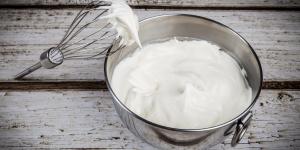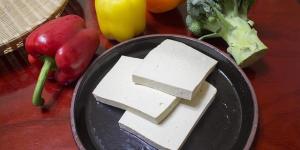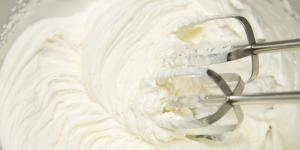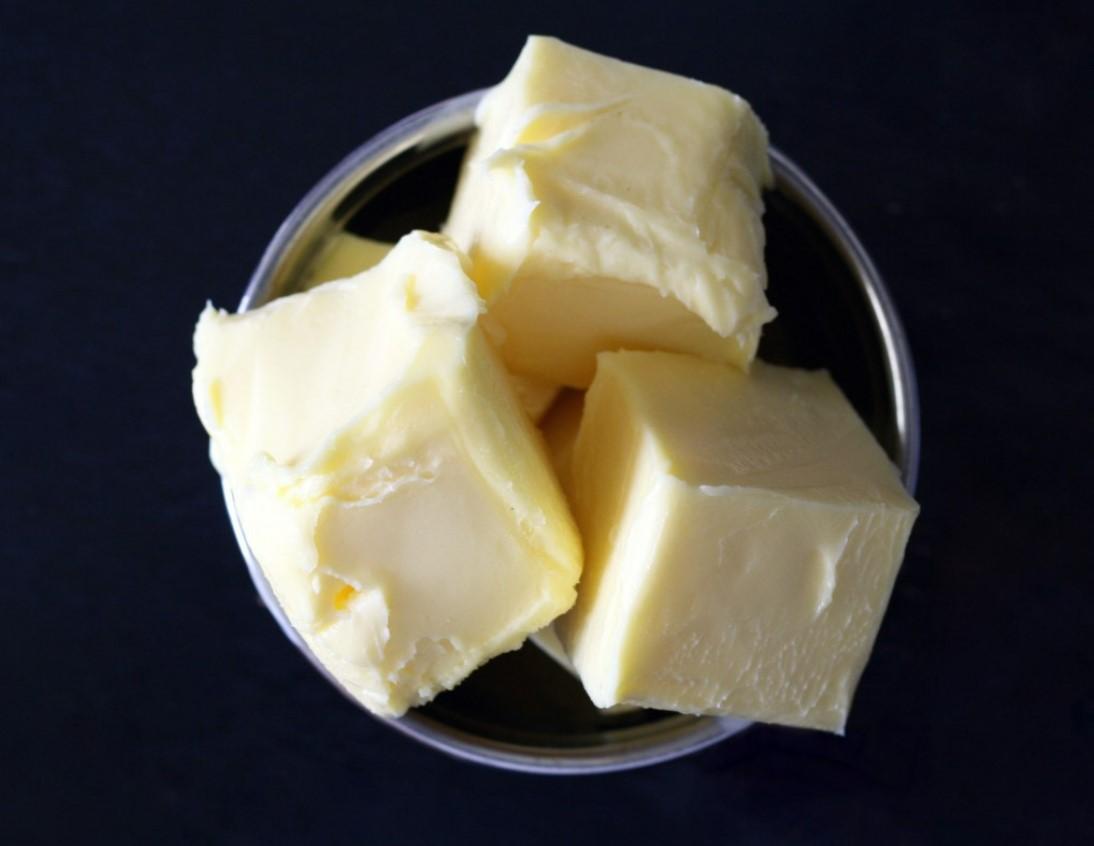Can You Eat Butter After Its Expiration Date?


Butter is a commonly consumed food that is healthy in moderate amounts because it contains vitamins and minerals. It can be found in refrigerators around the world and is used in sandwiches and toast, as well as in numerous recipes, especially baked goods, and as an alternative to oil in cooking. To keep it in good condition, butter must be stored under certain conditions, especially at a cool temperature, but there are many doubts about whether butter expires.
The following oneHOWTO article clarifies the question of whether butter expires as well as some tips on how you can make it last longer.
Does butter expire or not?
This is a controversial issue because, first of all, we have to distinguish between an expiration date and a best-before date, which is written on most packages where pasteurized cow butter is sold. The best before date is an indication of when the quality of a food or beverage begins to change. It has nothing to do with safety. Food that has passed its best-before date can be consumed without hesitation, provided it has not been opened, its packaging is not damaged, and the conditions for shelf life are met.
It should be remembered that butter is a dairy product, but unlike milk or yogurt, it contains little lactose and has a high fat content of at least 80%. This fat, which is a natural preservative, helps to keep the butter in good shape for a long time. Because butter has a relatively low water content and a high fat content, the risk of bacterial growth is reduced compared to other dairy products.
In summary, although butter has a long shelf life when stored under ideal conditions and is less susceptible to bacteria that would make it inadvisable to consume, butter can still eventually go bad. In the following section, we will discuss how you can tell if butter is safe to eat.
How to tell if butter is bad
The best way to maintain butter's good condition is to follow the instructions for storing and preserving it. Because of the fat content of butter, infestation with microorganisms that produce mold in butter is not common, but it is still possible. If you notice a strange appearance or smell, it's a clear sign that the butter is bad, and you should throw it away. In other cases, it is not so easy to determine if it is bad. If you have doubts about whether you should consume the butter or not, there are some clues you should keep in mind:
- Color changes: Butter may be spoiled if you see a distinct contrast between the inside and the outside when you cut into a square. An unusually pale color (almost white) or, conversely, a dark to brown color, are also warning signs of possible poor condition.
- Rancid odor: this is an easy sign to recognize, as this particular odor is caused by the oxidation process of fats that are no longer edible.
- Texture: If the butter is too soft, leaks, or is unusually hard and dry, or even cracks, it may not be suitable for consumption.
Can you eat expired butter?
Yes, you can eat expired butter, if by 'expired' you mean past its best-before date, as long as the butter does not look or smell strange. Generally, butter is good for at least one month after the date printed on the package. This period depends on a number of factors, including the method of production, the best-before date and the method of storage.
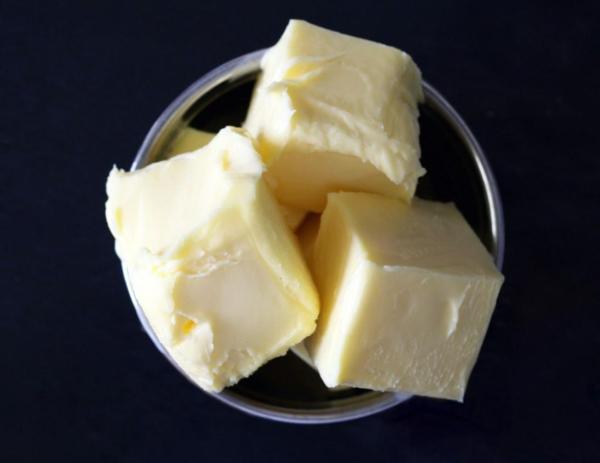
How to preserve butter longer
It is quite easy to keep butter in good condition for a long time by protecting it from external factors that favor its deterioration: Light, heat, air, and sudden changes in temperature, all of which promote the oxidation of fats. If you want to preserve your butter for longer, follow these simple steps:
- As long as the room temperature is not too high, and we keep the butter in a place protected from light and air, the butter will not spoil if we take it out of the refrigerator for a short time. After use, it is best to store it in the refrigerator at a temperature not higher than 8ºC (or lower than 0ºC, unless you want to freeze it).
- If you prefer to keep the butter at room temperature at all times, it will last a few days, which will also depend on the time of the year or the temperature of the place where it is stored.
- It should always be covered with a protective paper or film to avoid air and contact with other foods.
If you want to read similar articles to Can You Eat Butter After Its Expiration Date?, we recommend you visit our Food & drink category.
- The dates of "best before" and "expiration" on food packaging. Aesan - Spanish Agency for Food Safety and Nutrition. Available at: https://www.aesan.gob.es/AECOSAN/web/para_el_consumidor/ampliacion/fechas_caducidad.htm

